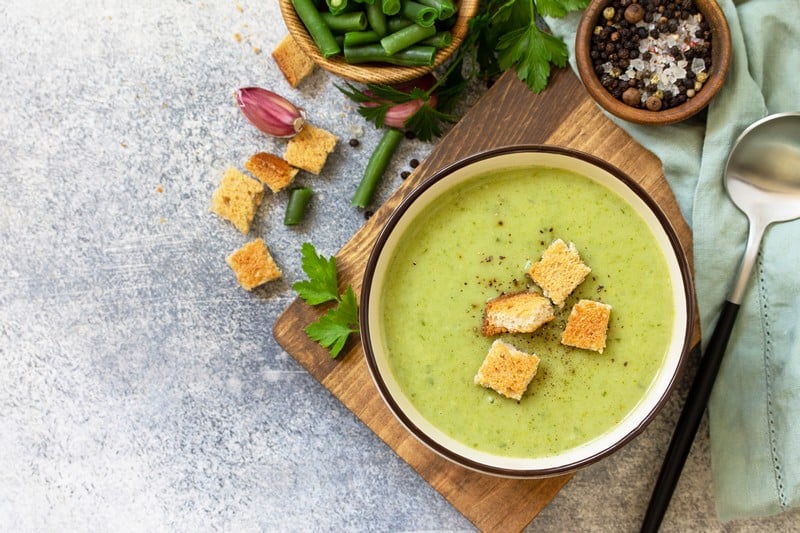Diverticula are tiny pockets or pouches that can develop in the lining of the intestines. These pouches usually protrude in naturally weak places in the colon, but they are generally harmless and painless. The cause of diverticulitis is still unknown. However, recent studies have linked it to genetics, being overweight, bad eating habits, taking certain medications, and smoking cigarettes. Anyone can get diverticulitis, but it is more common among people over 40.
Most people with diverticula do not even know they have them, but they might feel frequent cramping on the left side of their abdomen and a little discomfort before farting. They may also notice spots of red blood in their stool. However, the real problem occurs when the pouches tear or swell when feces block them. This condition is referred to as diverticulitis. Patients with diverticulitis may experience more noticeable and severe symptoms. Fever, infection, and abdominal pains are the earliest signs of diverticulitis. Over time, the inflammation and infection of the diverticula may lead to frequent diarrhea, thin stool, constipation, and bloating.
This article will discuss the possible home remedies to handle the effects of diverticulitis.
Liquid Diet

A complete liquid diet only allows the intake of fluids and food that are liquid or will turn to liquid at room temperature. This kind of diet is usually recommended to patients preparing for a medical procedure, having difficulty chewing or swallowing, recovering from surgery, or encountering problems in the digestive tract. A liquid diet gives the digestive system a break from digesting solid chunks of food.
Patients suffering from diverticulitis could follow a soft menu or a liquid diet. This is an excellent way to give the intestines enough time to rest and recover. There are a lot of foods and drinks that can easily be prepared at home. Soups are the safest meals to eat during a strict liquid diet (e.g., bouillon, broths, strained vegetable broth, and meat soups). Cereal, fruit juices, coffee, whole milk, yogurt, and ice cream are also allowed. Pureed fruits, vegetables, and meats can be added to the diet after three weeks.
To avoid complications, consulting a doctor or dietician is essential, especially for patients with pre-existing conditions. In addition, it would be best to ask for a balanced meal plan to ensure that the body still gets the essential nutrients it needs.










